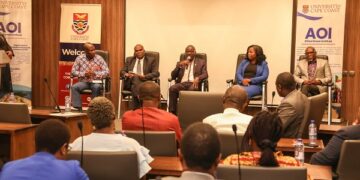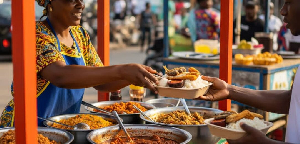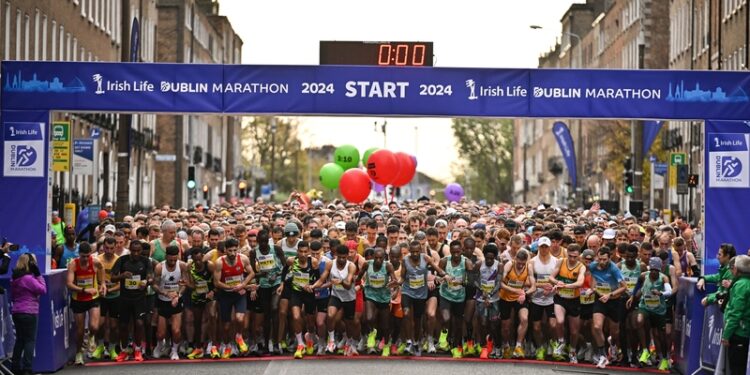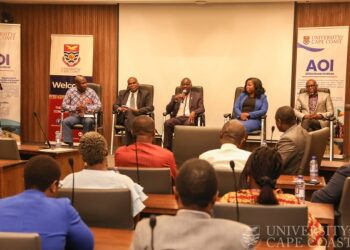Using team strength to conquer the marathon challenge
For Olympian and performance psychologist Jessie Barr, the October bank holiday Sunday has a familiar rhythm. She joins thousands lining Dublin’s streets to watch runners of every level tackle the marathon. From elite athletes to first-time finishers, the atmosphere often sparks a fleeting thought in Barr about running all 26.2 miles herself. “Never say never,” she admits, though such ambitions remain distant for now.
ICYMI: Aaron Kernan appointed to Meath management team
Life After Athletics
Barr’s own sporting journey was cut short by persistent injuries that hampered the final two years of her career. A European Championship finalist in 2012 and a member of Ireland’s 4x400m relay team at the London Olympics, she officially retired in 2019. These days, she prefers yoga and Pilates to pounding the pavement, acknowledging that motivation to stick with prehab and rehab exercises waned after retirement.
The Marathon Mindset
Although she won’t be lining up with the 20,000 participants in this year’s Irish Life Dublin Marathon, Barr has a deep understanding of the mental hurdles facing marathoners. Her PhD research focused on mental health in elite athletes, and she has since worked with runners across the spectrum. For those preparing for their first marathon, she stresses the importance of breaking the challenge into manageable goals. “You can’t think about it as one huge run. It’s about setting incremental targets each week,” she says.
From Solitary Runs to Social Strength
Barr has observed a major cultural shift in running. What was once considered a solitary pursuit has become a community-driven activity. Reflecting on her own training, she recalls how group sessions provided a sense of belonging and motivation that solo workouts lacked. That feeling of “we’re all in this together” is now supported by research.
The Science of Running Together
Recent studies, including a 2024 UCC project and research from Plymouth Marjon University, examined data from over 200,000 London Marathon participants. The findings were clear: training with others boosts motivation, enjoyment, mental health, and even performance on race day. Social connectedness, Barr notes, is a powerful but often underestimated factor in success.
Building Support Networks
Running clubs are the obvious entry point, but not everyone can access them. Barr highlights other avenues, such as apps like Strava, where athletes can share progress and encouragement. Even friends and family play a role by holding runners accountable. For newcomers, she emphasizes that completing the distance—not the finishing time—should be the priority, with community support making the journey less daunting.

























